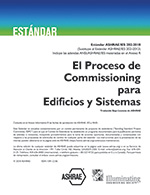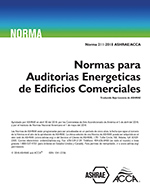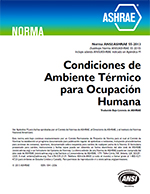Description
This paper describes the feasibility study of energy-efficient sustainable renovation and modernization of a limited selection of Moscow building stock. The developed sustainability requirements include the criteria for structural/functional planning, surrounding terrain, buildings, transport solutions, waste management and energy supply.
Most of the apartment buildings in the Soviet Union were constructed between 1960 and 1985, and as a result the urban housing stock today consists mainly of a few standard building types. Energy efficiency of buildings is typically poor. The energy consumption of a typical Russian building is estimated by calculating heating of living spaces, heating of domestic hot water, and the consumption of electricity. The energy consumption of the selected building stock was based on the calculated consumptions of the type buildings. The present state of the district level was studied first, including energy chain analyses. The typical energy production and distribution chain was analyzed. The efficiency of energy production and distribution were found interesting, as well as the data concerning primary energy sources. The most important question is which part of the energy production and delivery chain can have the biggest impact on energy efficiency of buildings and the entire building stock.
After the analysis of the present state energy efficiency of Moscow’s buildings, the technical possibilities for building renovation and modernization were analyzed. The actual retrofit concepts could be composed after identifying the technical solutions. The energy analyses for the selected buildings energy renovation solutions are described in this paper.
Citation: Cold Climate Conference, 2012
Product Details
- Published:
- 2012
- Number of Pages:
- 9
- File Size:
- 1 file , 860 KB
- Product Code(s):
- D-CCC12-16




